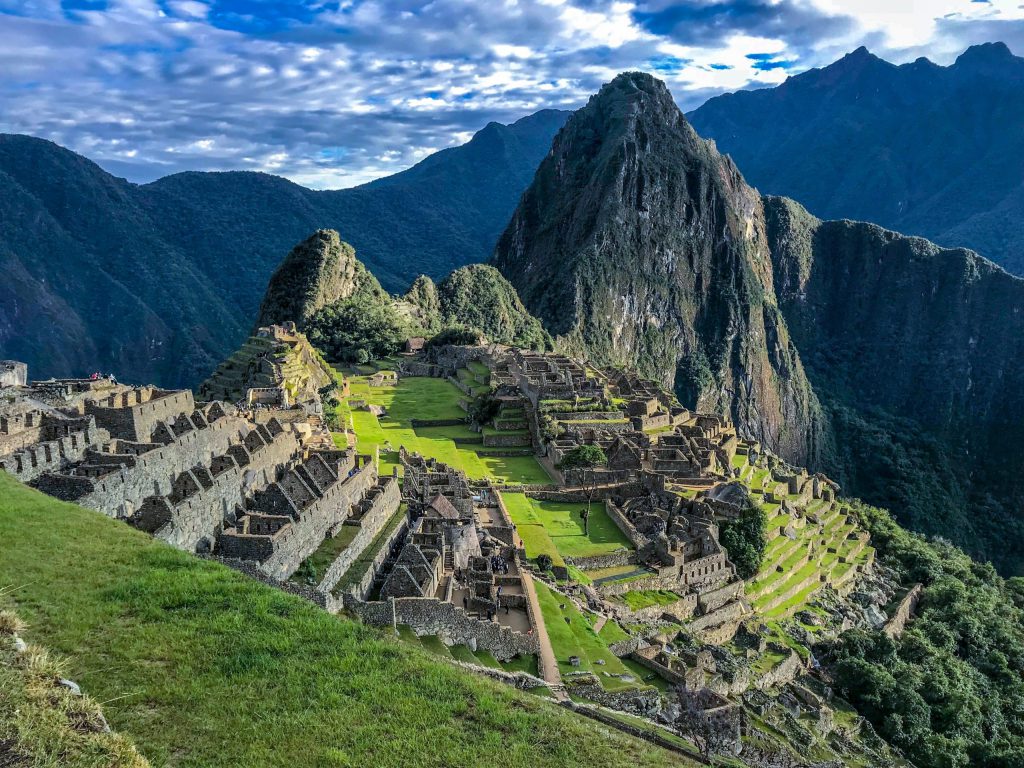
9 Reasons Why Peru is So Attractive to Expats
Peru might not be your first thought when it comes to choosing a relocation destination but it’s fast becoming a popular choice for expats. There’s already a large multi-national community in the South American country, and below are some of the reasons why it’s so attractive to expats.
Low Cost of Living
Daily living expenses, such as rent and food, are incredibly cheap in Peru – rent is 80% cheaper than in London. Taxes are also generally low. Most of the cities are pedestrianised and walkable, so you won’t have to budget too much for public transport or taxis. However, transport is still relatively cheap should you have to take a journey.
Great Climate
Peru essentially has a tropical climate, and the weather varies depending on where you are – the coast, the jungle, or the highlands. The coast is mainly dry and hot, and the jungle is rainier and more humid. The highlands have a wet season from December to March and a dry season from April to November.
Wherever you decide to settle in Peru, the diversity of weather across the country means you’ll always be able to find a climate that suits you.
Friendly People
Peruvians are well known to be incredibly friendly and welcoming to foreigners. They’re mostly very generous and happy to help out newcomers and explain parts of the culture that may be confusing.
There’s also a lively international community in Peru, so you’ll be sure to find other expats who you can share your experiences with.
The Culture
Peru is home to a mix of many different backgrounds, with traditions stemming from Hispanic and native cultures. The country has a long history and is home to the ancient Incan Coricancha and Machu Picchu.
The rich culture seeps into every aspect of Peruvian life, including the food, art, architecture, and music.
Beautiful Landscapes
Peru is a large country and so has a diverse and impressive array of landscapes.
The beautiful 1,500-mile desert coastline offers famous waves and is a hot spot for surfers. The Andes, the second highest mountain range in the world, runs through the country, dividing it from north to south. It’s a popular destination for hikers and is where you’ll find the famous Inca Trail. The Amazon rain forest covers half of the country and is home to many plants and animals that you won’t find anywhere else in the world.
Amazing Food
Lima, the capital city of Peru, is known as the culinary hub of South America. Foodies will be spoilt for choice with new dishes to try, thanks to the diversity of ingredients available across the country. The mix of cultures in the country also contributes to the fantastic fusion of food on offer. If you’re in Peru make sure to try Ceviche, Peru’s national dish made with marinated fish. For the more adventurous, another famous Peruvian dish is deep-fried Guinea Pig.
Simple Visa Process
The visa process to become a resident in Peru is relatively straightforward, especially when compared with some other countries.
Those wanting to retire to Peru are able to get a retirement visa as long as they have an income over $1,000 USD and no criminal record. After you have lived in the country for three years you should be able to easily apply for permanent residency. It’s also fairly simple to apply for a visa if you’re working or studying in Peru.
International Schools
Peru has many international schools, including British, French, German and American. Most are in the capital city Lima, but some are in the other big cities like Arequipa or Cusco.
All schools in Peru must incorporate the Peruvian curriculum by law, so there are often multiple curriculums available, which include the International Baccalaureate and the curriculum for the country the school is associated with. Schools are often bilingual, with teaching in English and Spanish being the most common.
Good Healthcare
Whilst the public healthcare system is taking steps towards improvement, there are some excellent private hospitals in Peru, mostly situated in Lima. Expats cite the first-class work of the doctors and other healthcare staff, and private healthcare can mean you avoid the long wait times that come in the public system.
Healthcare in Peru can be expensive, so it’s advised to get private international health insurance so you’re covered for any eventuality.
